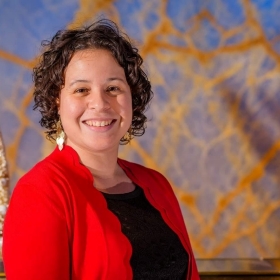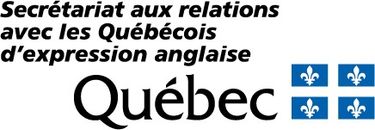Responsable scientifique et de la valorisation de la recherche à l’Observatoire sur la réussite en enseignement supérieur (ORES)
February 2020
What is the focus of your research?
For my PhD, I studied the pathways of French-speaking youth in Quebec who choose to go to Anglophone CEGEPs. After finishing my PhD in 2019, I am still interested in youth in linguistic minority communities and have also worked with Canada’s French-speaking minority communities.



